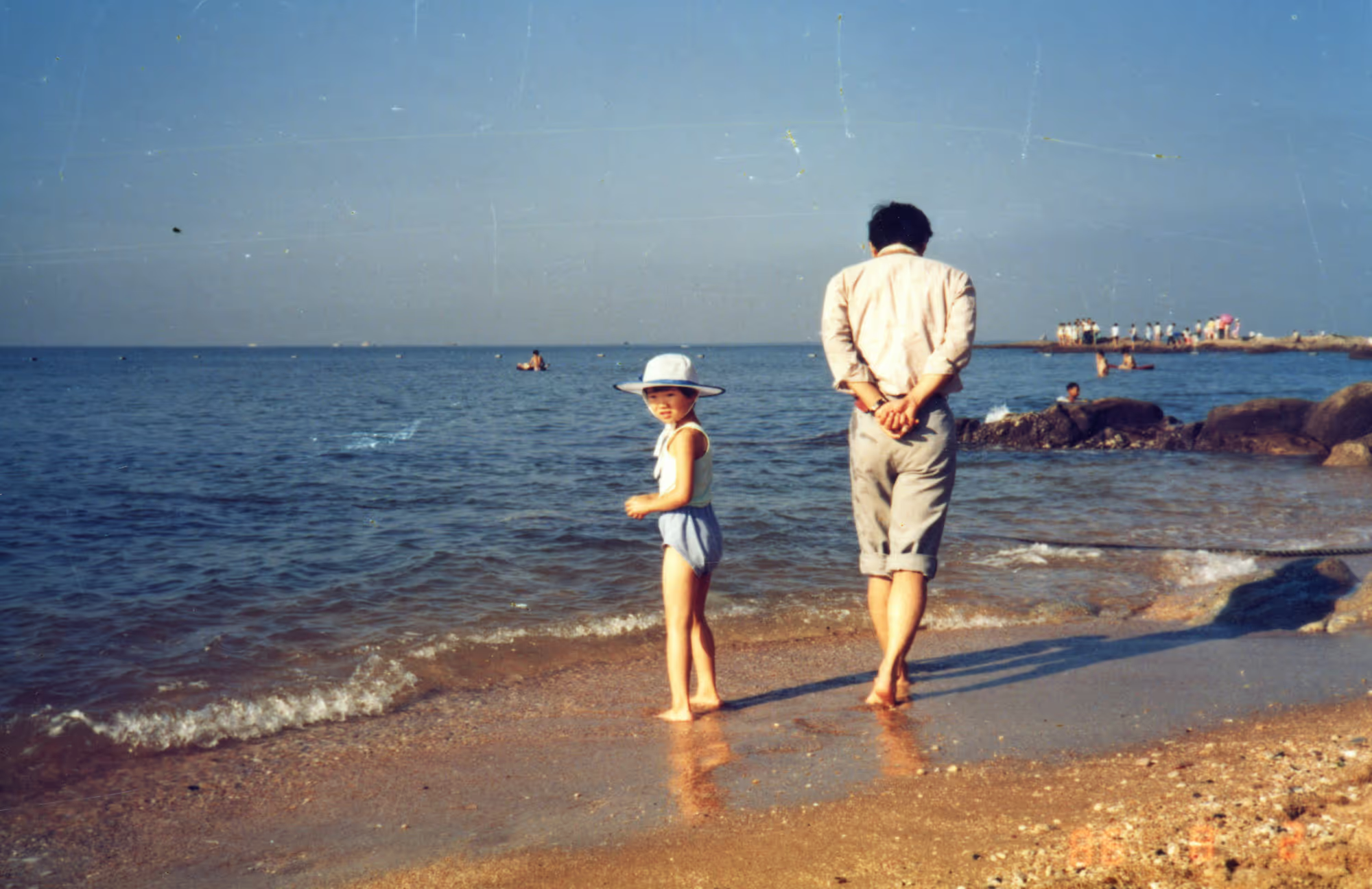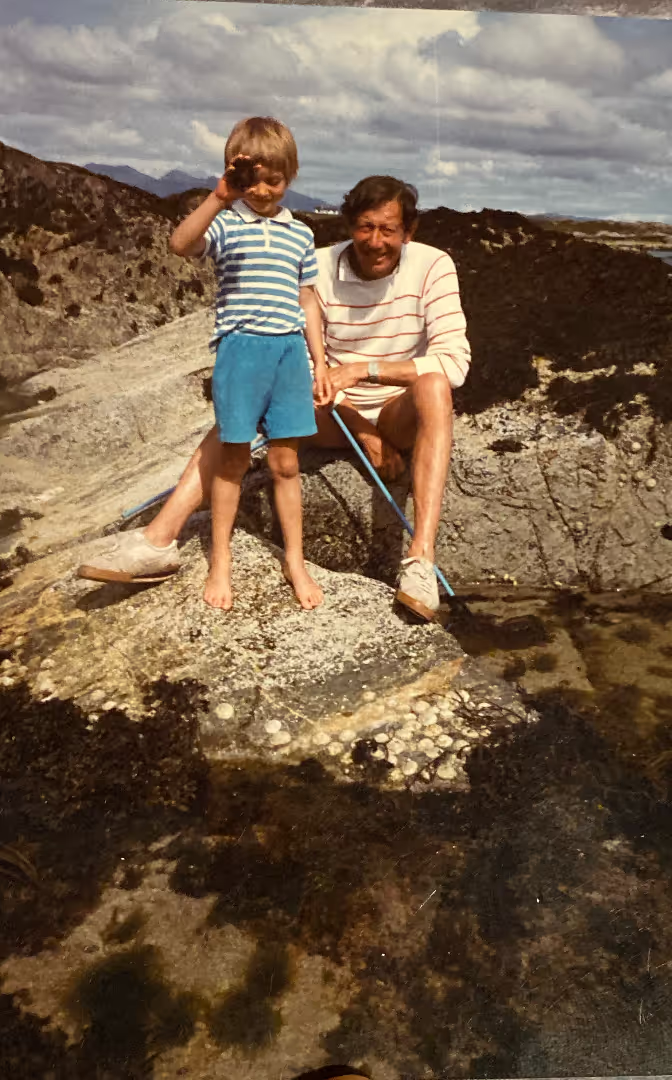How to Cope with the Death of a Loved One
Grief is part of the shared human experience, but it’s also a deeply personal journey. There’s no right or wrong way to experience it. In the days, weeks, and months following the death of a loved one, it’s normal to feel overwhelmed, lost, or even numb. Here are some small things you can do to find a way through.
1. Allow Yourself to Feel Your Emotions
Sit in your grief. The death of a loved one can bring a storm of emotions—sadness, anger, confusion, guilt or even relief. As much as possible, give yourself time and space to feel whatever comes up, without judging or suppressing those feelings. Grief doesn’t follow a set timeline, so allow yourself to experience these emotions, even when they feel intense or conflicting.
Practical Tip: Create a private space or a ritual where you can express your grief, whether that’s through journaling, talking to a friend, or simply sitting in silence.
2. Seek Support When You Need It
Try not to face grief alone. Reaching out for support, whether from friends, family, a grief counsellor or a support group, can make a world of difference. Lean on others and let them know what you need, even if it’s just someone to sit with you in silence.
Practical Tip: If talking feels too hard, consider joining online grief communities where you can share your thoughts anonymously or read about others' experiences.
3. Take Care of Your Physical Well-being
Grief affects the mind and body. It’s common to feel exhausted, lose your appetite, or struggle with sleep. Taking small steps to care for your physical health can help you find stability during this chaotic time. Try to eat regular meals, get some fresh air, and rest as much as your body needs.
Practical Tip: Gentle exercise like walking or stretching can help relieve some of the physical tension that grief can bring. Even if it’s just for a few minutes a day, movement can be a helpful release.
4. Find Ways to Remember and Honour Your Loved One
Honouring your loved one’s memory can bring a sense of connection and comfort. This could be something personal, like creating a memory box, planting a tree, or cooking their favourite meal. Or it might involve organising a gathering to celebrate their life with friends and family.
Practical Tip: If it feels right, write a letter to your loved one expressing what you wish you could say to them now. This can be a way to process your feelings and hold onto the connection you shared.
5. Be Gentle with Yourself and Your Grief
There’s no right way to grieve, and no schedule you have to follow. Grief can come in waves—sometimes it’s overwhelming, and other times it’s a quiet ache. Let the waves wash over you and be gentle with yourself during this time. Allow yourself the grace to feel whatever you need to feel, without rushing through or minimising your pain.
Practical Tip: Set small, manageable goals each day, even if they’re as simple as getting out of bed or drinking a glass of water. Celebrate these little victories without expecting too much from yourself.
Final Thoughts
While grief is a universal experience, the way you navigate it will be uniquely your own. There’s no clear path or timeline for healing, and that’s okay. Allow yourself to feel what you need to feel, without pressure or judgment. Lean on your support network, and remember that asking for help is a sign of strength, not weakness. While the pain of loss doesn’t simply disappear, over time it can become more manageable. Be kind to yourself in this process, take things one day at a time, and try to find moments of light even in the darkest times.





